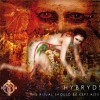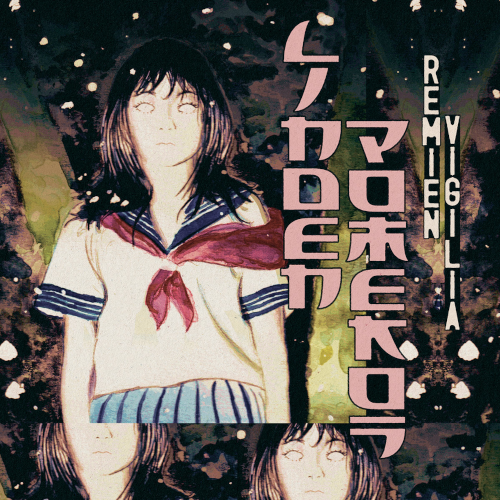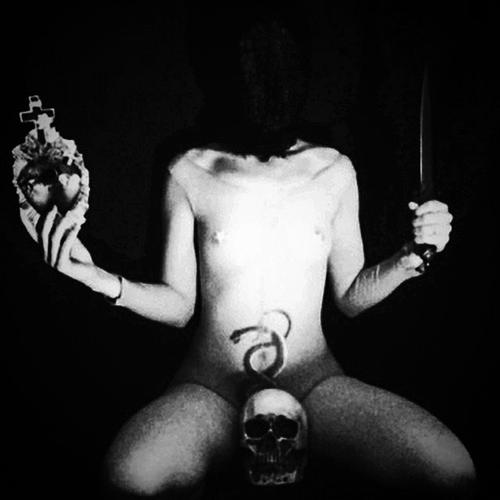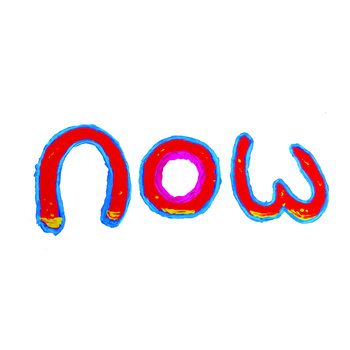 The fourth re-release of the Hybryds back catalogue by Zoharum expands at length on their 1991 composition, adding in three more pieces of music, two more parts of the title track and a bonus piece from the same era. Together, they now make up a full album’s worth of largely unheard material.
The fourth re-release of the Hybryds back catalogue by Zoharum expands at length on their 1991 composition, adding in three more pieces of music, two more parts of the title track and a bonus piece from the same era. Together, they now make up a full album’s worth of largely unheard material.
Parts one to two resemble an extremely long-form psychedelic ambient dub, unfolding with the slow motion determination that allows drum machines to take the percussion strain out of ritual performance. With plenty of space to breathe, the music does just that, slowly and steadily, with a yogic concentration held in every slight motion of the drones which herald the eventual arrival of rhythm.
It’s good to hear that while an array of familiar drum machine sounds are largely untreated, Hybryds manage the difficult trick of making them seem unforced, and if not exactly natural, then arranged sympathetically to work within the electronics’ limitations and getting the best out of of them as a result. Like Rapoon (who is also getting the comprehensive re-release treatment from Zoharum), Hybryds successfully combine diverse influences into the melange that their name points towards without falling into the murky globalised ethnodelic soupiness which was also a by-product of so much crossover music of the time.This lack of pretence allows Hybryds to get on with the task of building loops and runs which most human drummers would lack the energy to do so precisely, though it’s entirely possible that there is real-time playing involved here too, as found in the isolated bells and occasional scarring glitch which open part two and its Eastern-inflected mood, one which is heightened by some soft, keening vocalisations.
Matters pick up on part three, where the rhythms take on intricate tribal form, programmed and played with careful attention to detail in grooves which could become both swayably and energetically danceable, whether ritualistically, demonstratively or simply for the slow global discotheque fun of it. Bonus track “Waiting for the Fallen Angels” shifts the temper of the album in edgier directions, filling the soundscape with piercing drones, mysterious chants, whispered Latinate prayer and a heartbeat pulse which brings to mind the of the haunting ambiences of Dave Tench‘s Zion Train-related project Extremadura from around the same era.-Linus Tossio-



